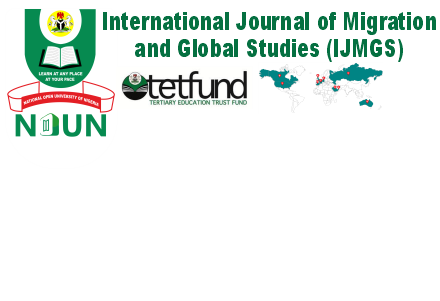Studies have shown that Covid-19 belongs to the class or category of novel severe acute respiratory syndrome coronavirus 2 (SARS‐CoV‐2) and that it is a group of hazardous and very infectious viruses and a contagious virus that tends to induce respiratory symptoms and elevated liver enzymes. These symptoms are moderated by other variables, including genetic, race, ethnicity, and socioeconomic. A significant moderator is the inability of any country to control the spread of this virus. In this study, we surveyed Nigerians’ experiences, who have been quarantined by the Nigerian government upon their return from the USA. Primary method of obtaining information through online questionnaire was adopted to elicit information from the respondents during “lockdown”. The number of participants was 10. Participants were of different ethnic, socioeconomic, and educational status. The results showed that most of the respondents indicated that the government and the institution’s efforts were fairly adequate. The study recommended better institutional support for persons undergoing quarantine and provision of sound healthcare facility for persons infected with COVID-19 disease in Nigeria.
